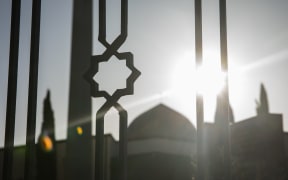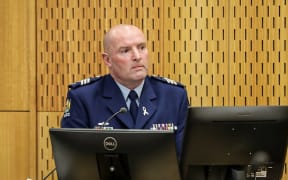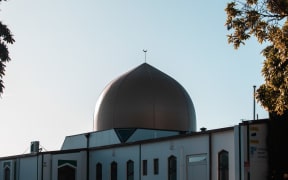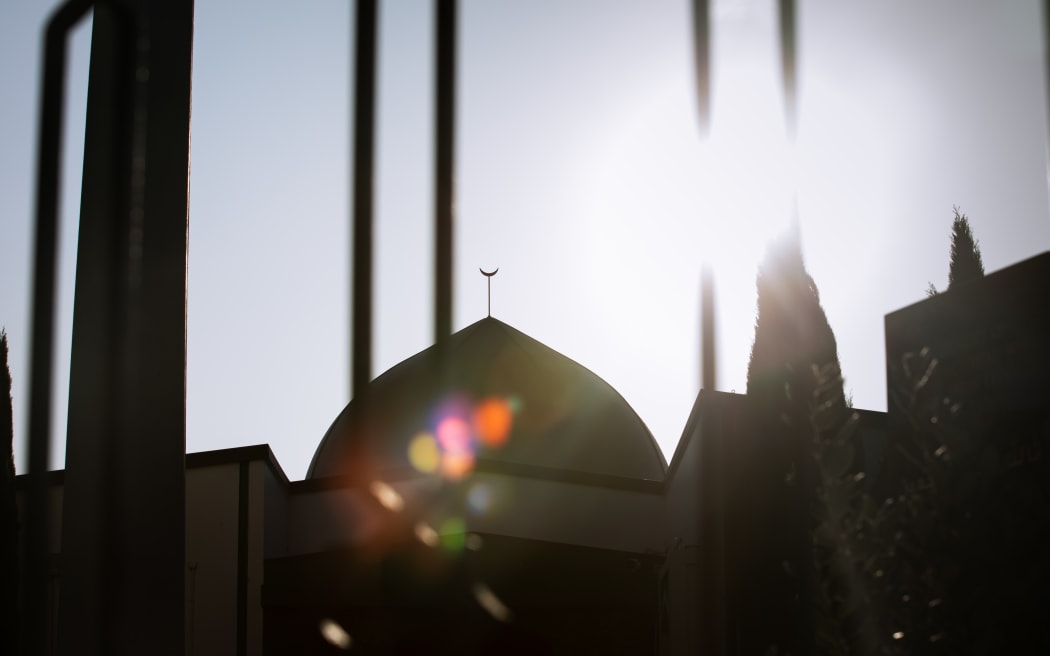
Christchurch's Al Noor Mosque. Photo: RNZ / Samuel Rillstone
One of the first police officers to provide aid to severely injured worshippers in Christchurch's Al Noor Mosque wanted to use civilian cars to rush people to hospital but they could not be moved, an inquest has heard.
The Armed Offenders Squad (AOS) member, who cannot be named, told the coroners court people injured in the massacre on 15 March 2019 were calling out for help, with one victim asking him to hold his hand.
The inquest has earlier heard that the first paramedics did not enter the Deans Avenue mosque until 2.15pm, about 30 minutes after the shooting had occurred.
Multiple police officers at the scene had continuously requested for ambulances to "come forward" and help the injured who were laying amongst a number of deceased people.
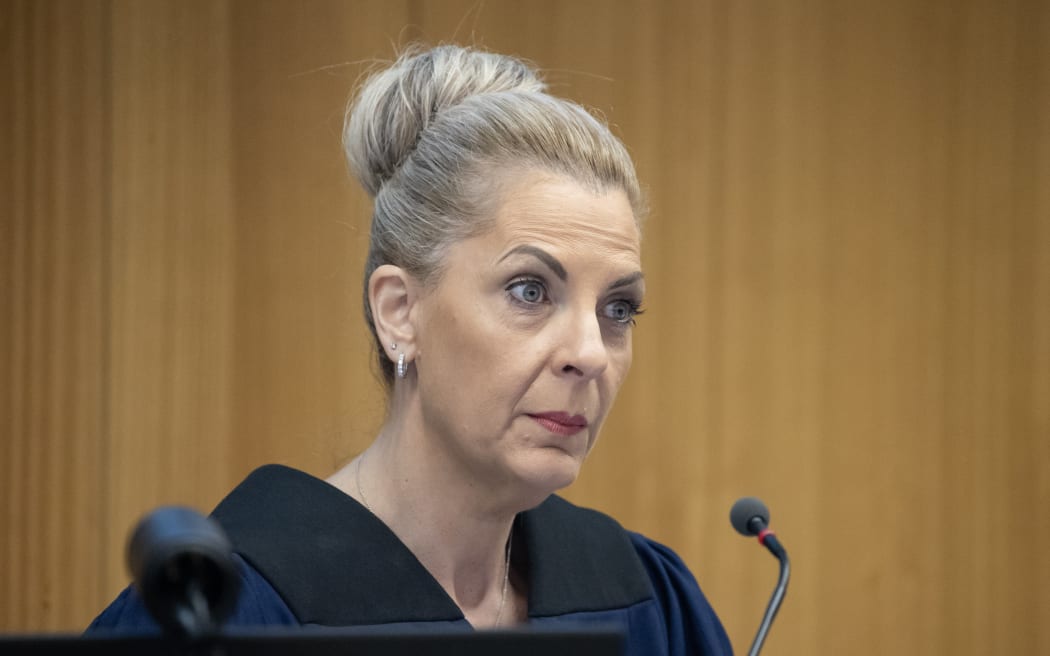
Deputy chief Coroner Brigitte Windley. Photo: Stuff / Iain McGregor
The AOS member said when he reached the main prayer room and saw the scale of the tragedy, he attempted to pull some people out.
The scene inside the mosque was overwhelming and "awful", the AOS member said.
He was trying to get people out, "not only for physical injuries but for their mental health as well".
He told the court his intention was to get victims out of the mosque, find a vehicle with a driver, put the injured person in there and have them taken to hospital.
But because the injured were in such severe pain and piled up with others, many of whom were deceased, it was too difficult to pull them out.
The AOS member rendered first aid to a few victims before being called away to Linwood Islamic Centre when reports of further shots came over the radio.
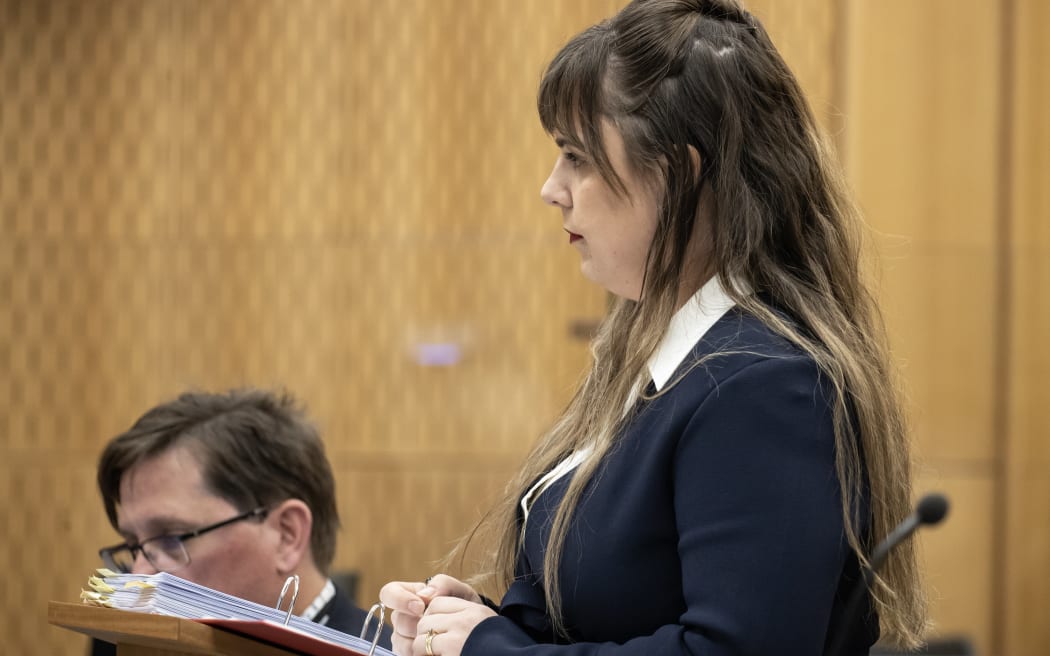
Counsel assisting the coroner Abigail Van Echten Photo: Iain McGregor
Terrorist pointed gun at neighbour
A man who helped people escaping Al Noor Mosque get over a fence said the terrorist pointed his gun at him.
A statement by Len Peneha, who lived next to the Deans Avenue mosque, was read to the court by counsel assisting the coroner Abigail Van Echten.
In the statement, Peneha said he and his daughter were driving down their driveway - the same one the terrorist parked on - when they began hearing "loud bangs".
He did not immediately recognise the sound to be gunshots, but his daughter soon yelled at him to reverse the car as she called emergency services.
They quickly retreated to their home and looked out a window, where they could see people trying to jump the fence and get out of the mosque.
Peneha said he went to help the older men who were struggling to get over the fence and pulled them all inside his home for safety.
He then went down his driveway and saw the terrorist near his car. It was at this time he pointed the gun at Peneha, but never fired.
He soon drove off, Peneha realising he ran over a person as he did so.
Peneha said he ran up to the mosque, seeing injured and deceased people.
He did not enter the mosque, starting to hyperventilate. He then went back to his driveway and began crying, he said.
Peneha described the scene as emergency services began to arrive as "bedlam" and "extreme chaos".
"Police looked petrified, others were checking every nook and cranny around the scene," he said.
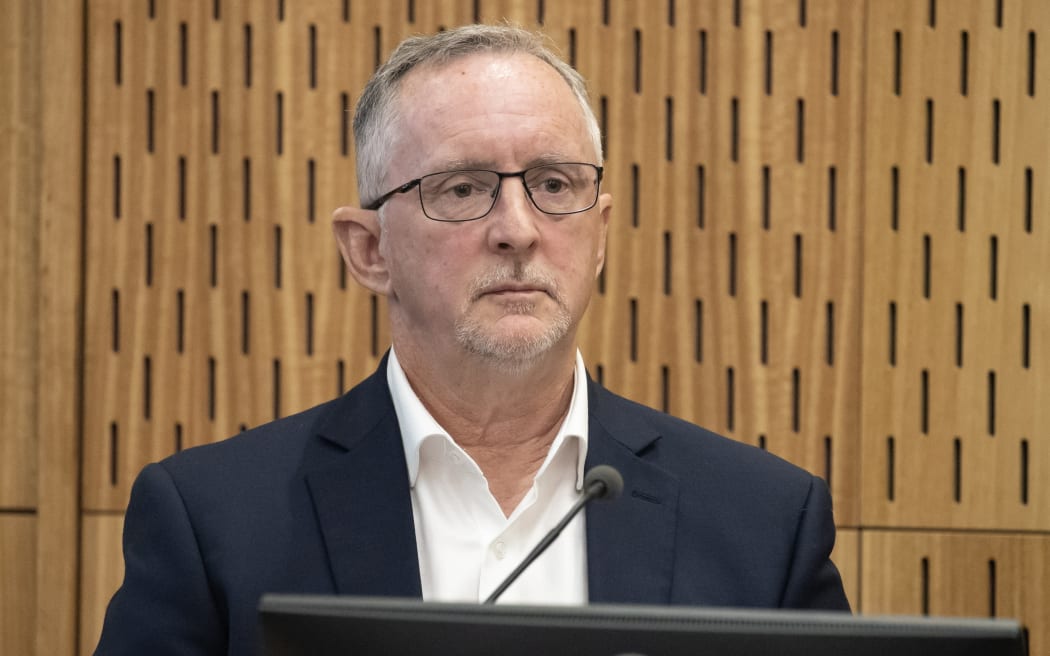
St John witness Dean Brown. Photo: Stuff / Iain McGregor
Paramedic entered Al Noor Mosque, contrary to St John policy
A senior paramedic chose to enter Al Noor Mosque to treat seriously injured worshippers despite the danger and against St John policy, the inquest heard earlier on Thursday.
Dean Brown was one of the first paramedics to go into the Deans Avenue mosque where dozens of people lay badly injured, dying or dead.
He told the coroners court it was the first time he had been escorted somewhere by armed police and he chose to go inside, even though it was against St John policy to enter unsafe scenes.
"My sole purpose in going inside because I believed there were human beings inside that needed help. That was what drove me inside despite the circumstances on the day," he said.
The inquest has previously heard police were worried there were a further nine shooters in Christchurch as a result of false information the terrorist gave arresting police.
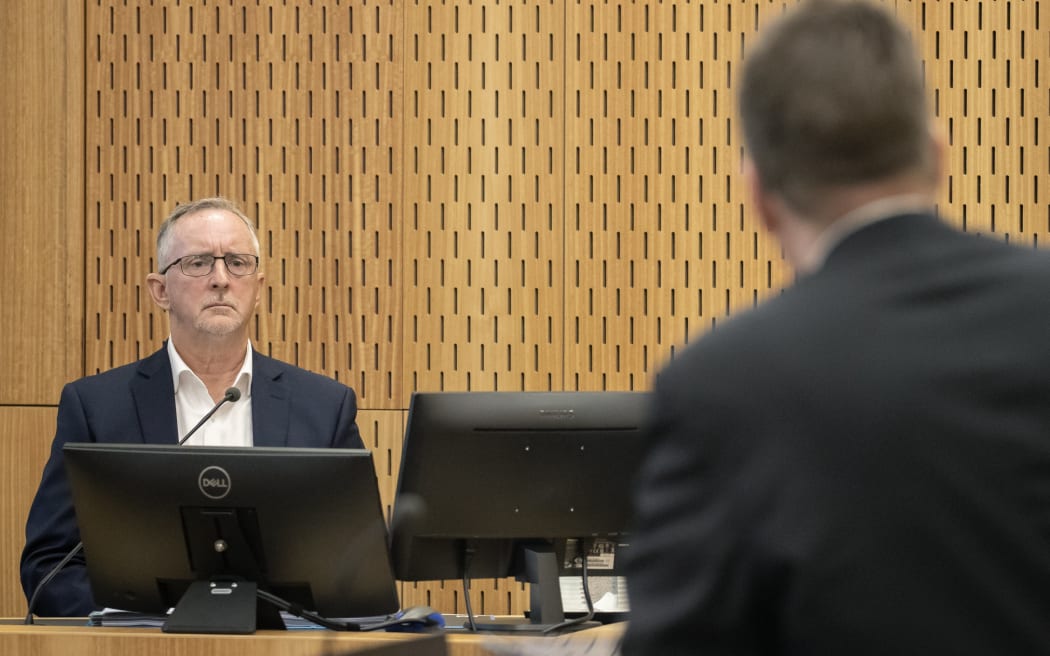
Dean Brown takes questions from counsel assisting the coroner, David Boldt. Photo: Stuff / Iain McGregor
Once inside the mosque, Brown said he was confronted by the magnitude of the scene and started rapidly assessing patients and getting those who were most likely to survive to hospital as fast as possible.
That meant some patients who were not expected to survive were left for further assessment later, including one person with a serious brain injury.
Once all patients were transported to hospital, Brown said he did a final check of all victims to make sure no-one left was still alive.
"We would not have left anybody that we thought was alive," he told the court.
Checks included looking for movement, skin tone, positioning, and assessing responsiveness to sound or stimuli, although not every victim was physically assessed, Brown said.
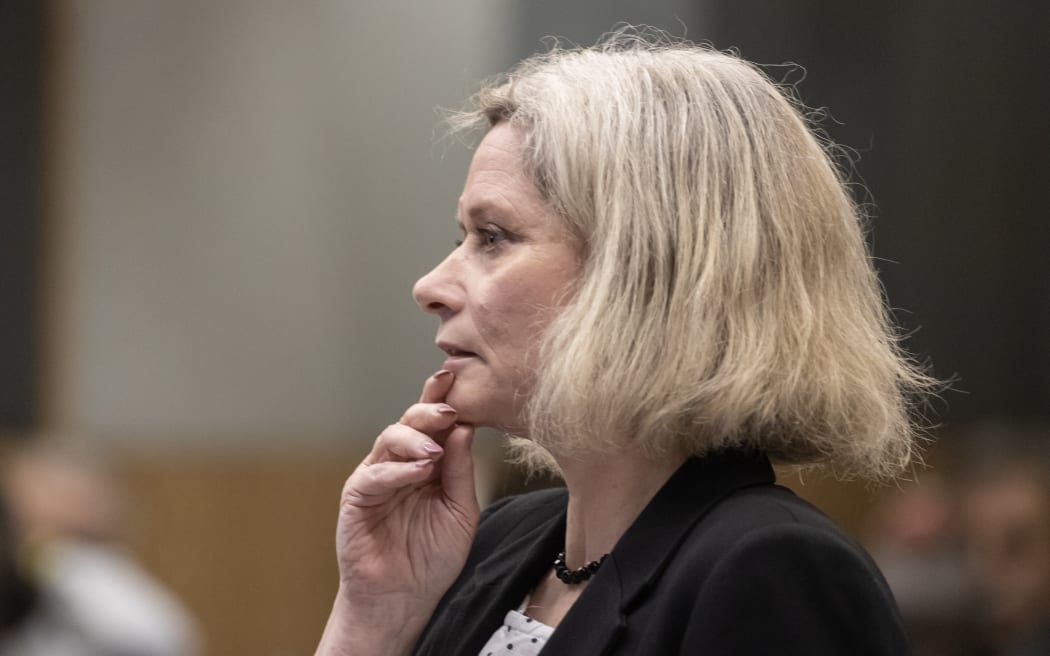
Lawyer Nikki Pender. Photo: Stuff / Iain McGregor
Asked under cross-examination about the treatment of Tariq Omar, who died in the attack, Brown accepted it was possible he was not physically examined.
Omar's injuries were not instantaneously fatal.
Brown told family lawyer Nikki Pender victims were continuously checked for a response, but he did not touch or speak individually to Omar.
"I don't remember actually touching him, I don't know whether any of my colleagues did," he said.
"We made a good amount of noise; we called out for a response from all of them throughout the entire process and we had no response. I believe we tried to verbally get response from all of the people within the mosque."
Brown said he would not have been able to be 100 percent certain every remaining victim had died without specialist equipment.
Given the circumstances on the day and the risk involved, including a backpack that was considered a potential improvised explosive device (IED), remaining in the mosque to do so was not possible, he said.
The inquest will examine the following 10 issues over six weeks:
- the events of 15 March 2019 from the commencement of the attack until the terrorist's formal interview by police
- the response times and entry processes of police and ambulance officers at each mosque
- the triage and medical response at each mosque
- the steps that were taken to apprehend the offender
- the role of, and processes undertaken by, Christchurch Hospital in responding to the attack
- coordination between emergency services and first responders
- whether the terrorist had any direct assistance from any other person on 15 March 2019
- if raised by immediate family, and to the extent it can be ascertained, the final movements and time of death for each of the deceased
- the cause of death for each of the victims and whether any deaths could have been avoided
- whether Al Noor Mosque emergency exit door in the southeast corner of the main prayer room failed to function during the attack and, if so, why?
The inquest continues.
